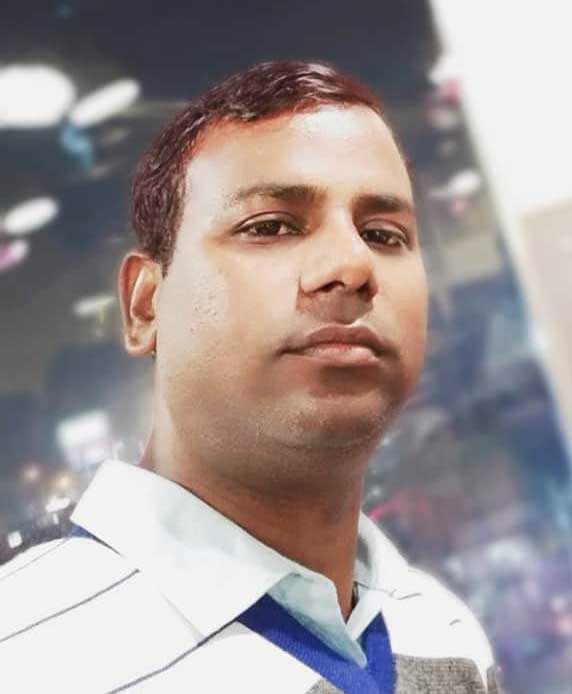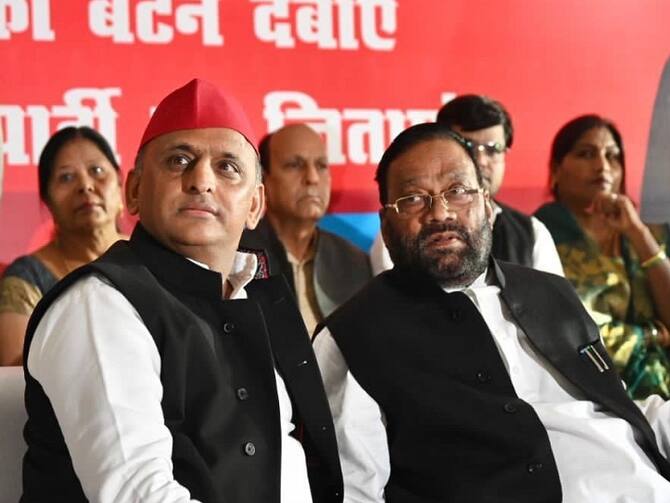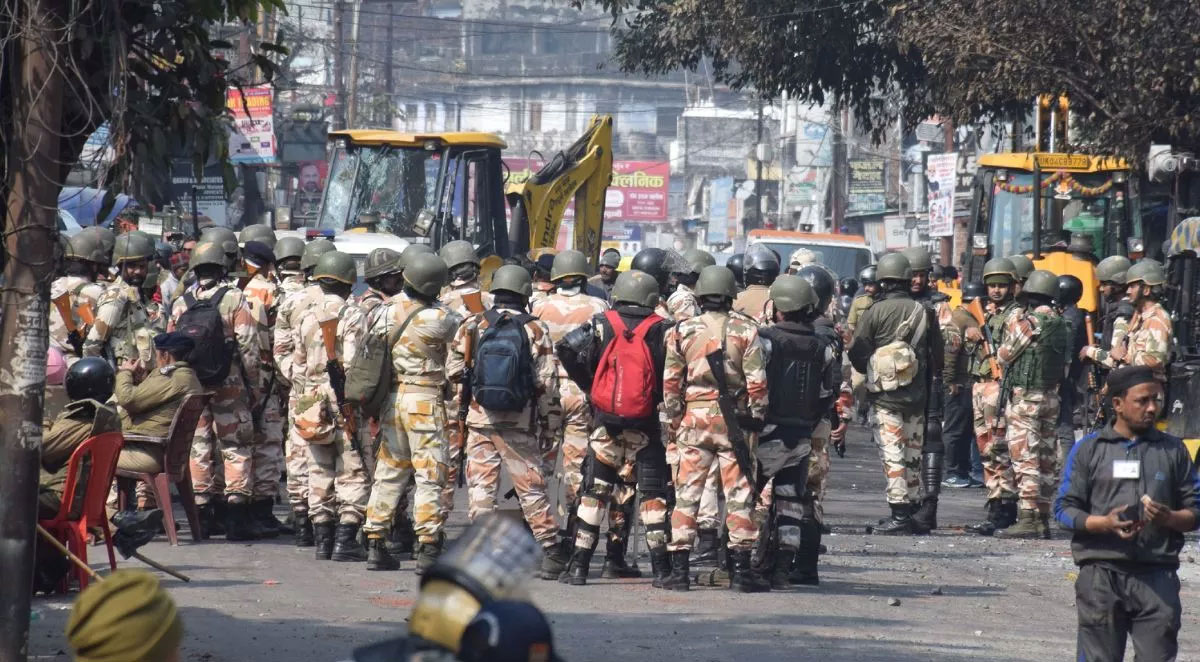Manoranjan Byapari, who came into the limelight with the publication of his autobiography Itibritte Chandal Jebon in 2012, was appointed chairperson of the State Dalit Sahitya Academy by the Mamata Banerjee-led West Bengal government last year. In the recently concluded assembly elections, he stood from the Balagarh reserved constituency on a Trinamool Congress ticket and won. The life of Manoranjan Byapari, MLA, has been full of struggles. He hails from the Namasudra community and came to India as a refugee before the creation of Bangladesh in 1971. In 1975, when he was just 20, he was arrested for participation in a political event. He learnt to read and write during his stay in prison. After his release, he started driving a rickshaw. His meeting with Mahashweta Devi, a literary giant of Bengal, was the turning point in his life. From a rickshaw driver he became a litterateur. He worked as a cook in a government school to make ends meet. But that did not come in the way of his writing. Itibritte Chandal Jebon was followed by a novel, Batashe Baruder Gandho, which was well received. The English translation of this novel titled There is Gunpowder in the Air was shortlisted for the DSC South Asian Literature Award 2019. Byapari spoke with Kartik Choudhary. Edited excerpts:
How do you see your transformation from a labourer to a litterateur and then a politician?
The life I lived as a labourer, the pain and the distress which I saw and experienced – I wrote about it. After becoming a writer, I got the opportunity to enter politics. Now I feel that while earlier I didn’t have the means to do away with their pain and distress, things are different now. Bengal has just been hit by a cyclone and torrential rain. The people are going through a difficult time. They are coming to me. They are calling me. Now, I can help them. I am helping them. Earlier, I wouldn’t be able to do this.





